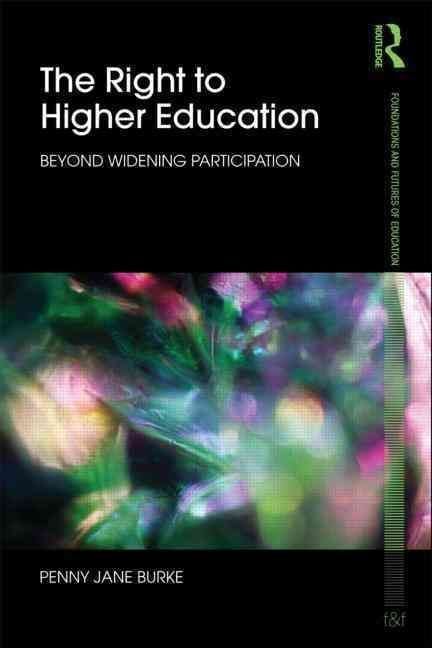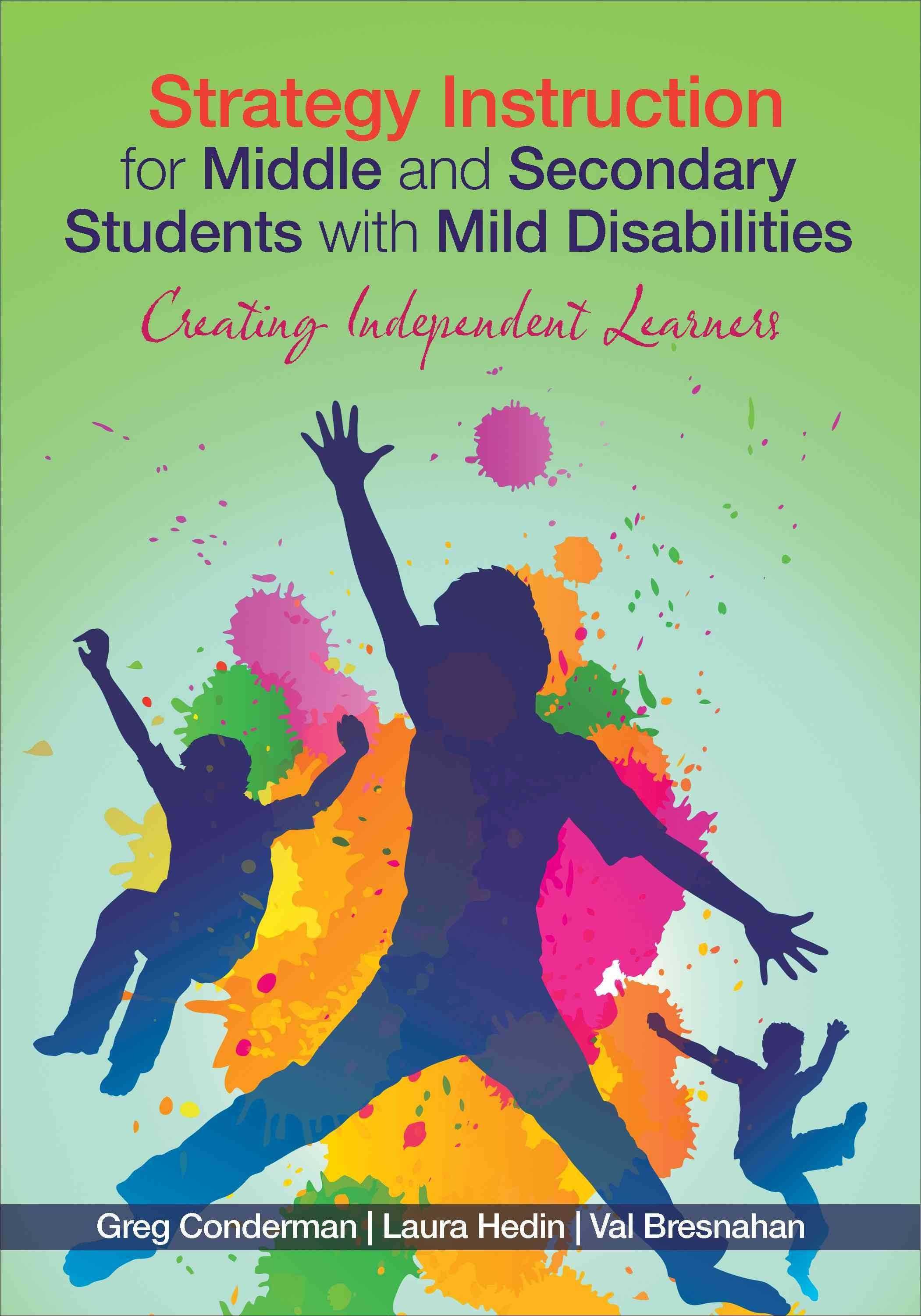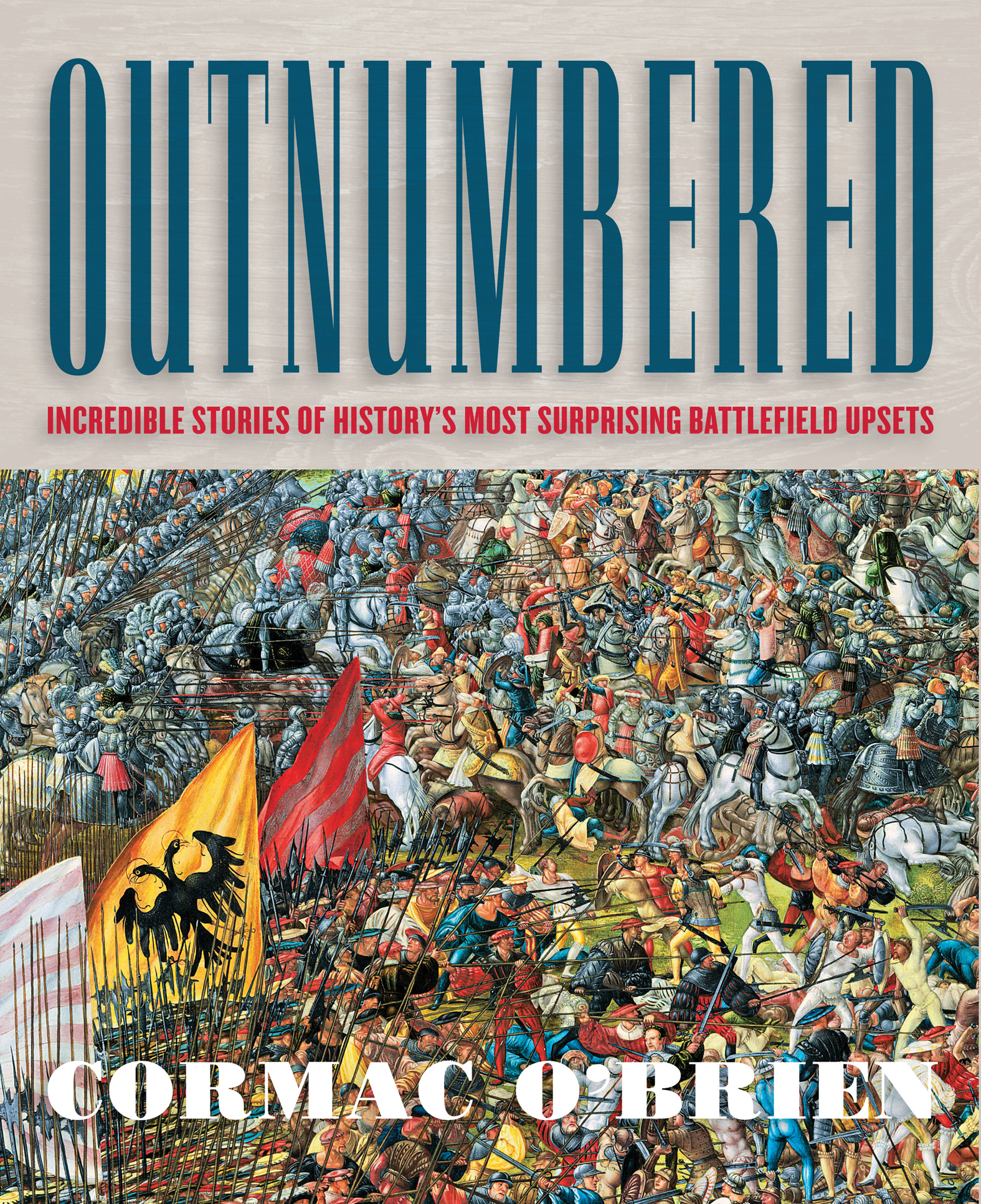The landscape of higher education has undergone change and transformation in recent years, partly as a result of diversification and massification. However, persistent patterns of under-representation continue to perplex policy-makers and practitioners, raising questions about current strategies, policies and approaches to widening participation. Presenting a comprehensive review and critique of contemporary widening participation policy and practice, Penny Jane Burke interrogates the underpinning assumptions, values and perspectives shaping current concepts and understandings of widening participation. She draws on a range of perspectives within the field of the sociology of education ? including feminist post-structuralism, critical pedagogy and policy sociology ? to examine the ways in which wider societal inequalities and misrecognitions, which are related to difference and diversity, present particular challenges for the project to widen participation in higher education. In particular, the book: focuses on the themes of difference and diversity to shed light on the operations of inequalities and the politics of access and participation both in terms of national and institutional policy and at the level of student and practitioner experience. draws on the insights of the sociology of education to consider not only the patterns of under-representation in higher education but also the politics of mis-representation, critiquing key discourses of widening participation. interrogates assumptions behind WP policy and practice, including assumptions about education being an unassailable good provides an analysis of the accounts and perspectives of students, practitioners and policy-makers through in-depth interviews, observations and reflective journal entries. offers insights for future developments in the policy, practice and strategies for widening participation The book will be of great use to all those working in and researching Higher Ed …












